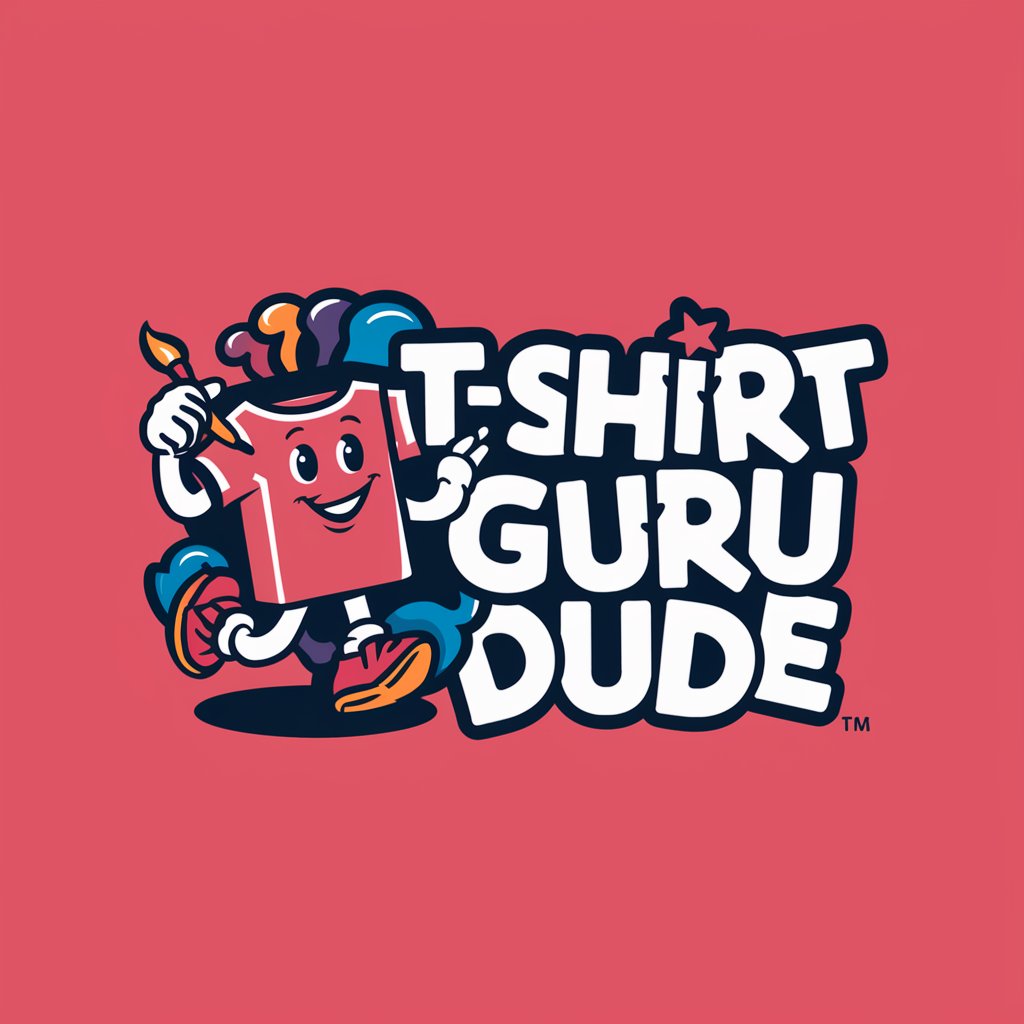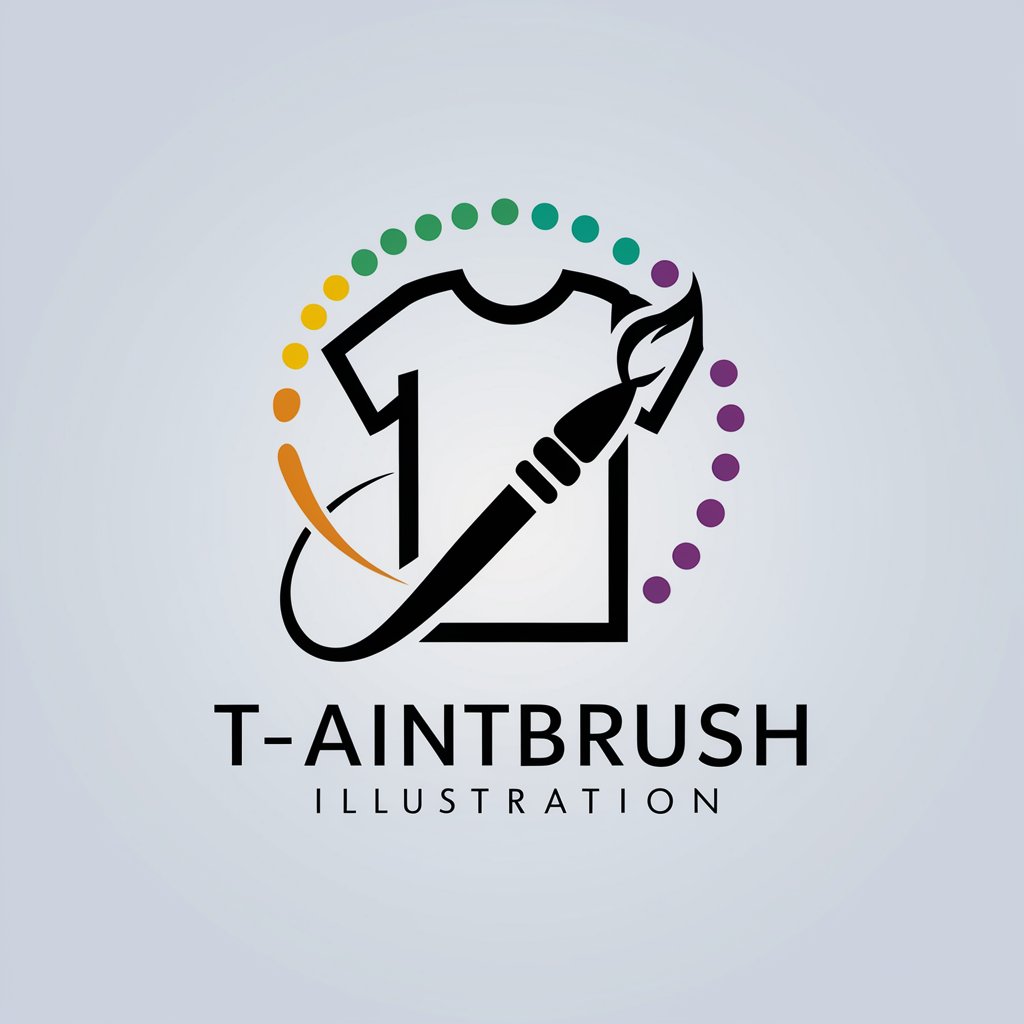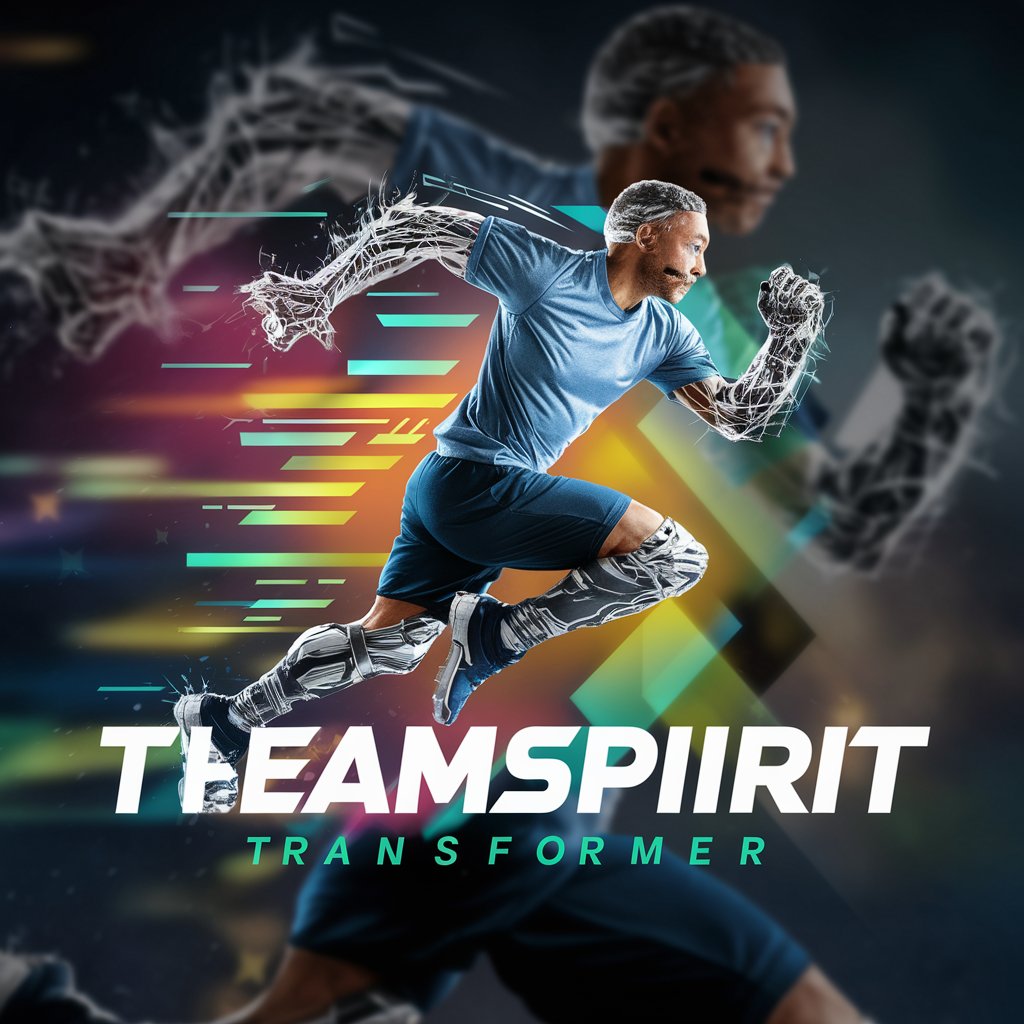6 GPTs for Personalized Merchandise Powered by AI for Free of 2025
AI GPTs for Personalized Merchandise refer to advanced Generative Pre-trained Transformers specifically designed to cater to the needs of the personalized merchandise industry. These AI tools leverage machine learning and natural language processing capabilities to provide customized content, design suggestions, and product personalization options. By understanding user preferences and industry trends, GPTs offer tailored solutions that enhance creativity and efficiency in creating personalized items, making them highly relevant for businesses and individuals looking to offer unique products.
Top 6 GPTs for Personalized Merchandise are: Hoodie Creator,Unique Surreal Shirt Studio,T-Shirt Guru Dude,GPTeeShirts.com,Puzzle Box Generator,TeamSpirit Transformer
Hoodie Creator
Unleash Your Creativity with AI-Powered Hoodie Designs

Unique Surreal Shirt Studio
Transforming Apparel into Dreamy AI Art

T-Shirt Guru Dude
Unleash Creativity with AI-Powered T-Shirt Art

GPTeeShirts.com
Design Your Dream T-shirt with AI

Puzzle Box Generator
Transform images into puzzle boxes with AI

TeamSpirit Transformer
Turn photos into team spirit avatars with AI.

Key Attributes of Personalized Merchandise GPTs
These GPTs tools stand out for their adaptability across various complexity levels, from generating simple text-based personalization to complex design integrations. Special features include advanced language models that understand and generate user-specific content, technical support for integrating these capabilities into existing platforms, web searching for the latest trends in personalization, image creation for visual merchandise ideas, and data analysis to understand consumer preferences. These features collectively enable the creation of highly personalized merchandise with efficiency and precision.
Who Benefits from Personalized Merchandise GPTs
The primary users of AI GPTs for Personalized Merchandise span from novices looking for easy-to-use design tools to developers and professionals seeking advanced customization capabilities. These tools are particularly beneficial for small business owners, marketing professionals, merchandise designers, and e-commerce platforms that aim to offer personalized products. They are accessible to individuals with minimal technical skills while also providing robust options for users with coding expertise to create more sophisticated personalization algorithms.
Try Our other AI GPTs tools for Free
AI-Powered Creativity
Explore AI-Powered Creativity with GPT tools designed to innovate and elevate your creative projects. From art to writing, unlock new possibilities.
Artistic Conceptualization
Discover how AI GPTs for Artistic Conceptualization are revolutionizing the creative process, offering artists and designers new ways to imagine, create, and analyze art.
Interactive Exhibitions
Discover how AI GPTs revolutionize interactive exhibitions, offering personalized, engaging experiences through advanced language processing and real-time interactions.
Therapeutic Activity
Discover how AI GPTs for Therapeutic Activity can support mental wellness through interactive, personalized AI-driven conversations and activities.
Peer Review Preparation
Discover how AI GPT tools transform Peer Review Preparation, offering tailored critiques and guidance to elevate the quality of scholarly submissions.
Thesis Structuring
Unlock the potential of AI GPTs for Thesis Structuring to streamline your research and writing process. These tools offer personalized assistance, from literature reviews to data analysis, making thesis writing more accessible and efficient.
Further Explorations into GPTs for Custom Merchandise
Beyond their core capabilities, these GPTs offer potential for integration into broader marketing and sales strategies, providing businesses with innovative ways to engage customers. User-friendly interfaces ensure that creating personalized merchandise is accessible to a wide audience, while the possibility of backend integration allows for seamless workflow enhancement. As AI technology evolves, these tools are likely to introduce even more advanced features for personalization, further revolutionizing the personalized merchandise sector.
Frequently Asked Questions
What exactly are AI GPTs for Personalized Merchandise?
AI GPTs for Personalized Merchandise are specialized AI models designed to assist in creating customized merchandise. They leverage natural language processing and machine learning to offer tailored design and content suggestions based on user input and preferences.
How do these GPTs tools enhance personalization?
They analyze user data and preferences to generate personalized content and designs, ensuring that each merchandise piece is unique and tailored to individual or brand specifications.
Can non-technical users operate these AI tools?
Yes, these tools are designed with user-friendly interfaces that allow non-technical users to easily create personalized merchandise without needing programming skills.
Are there customization options for developers?
Absolutely, developers can access APIs and coding interfaces to customize the AI's capabilities, integrating more complex personalization features into their projects.
How do these tools keep up with the latest trends in personalization?
They incorporate web searching and data analysis features to continuously learn from the latest market trends, user preferences, and industry data, ensuring that the personalization options are always current.
Can I use these GPTs to analyze customer preferences?
Yes, part of their functionality includes analyzing customer data and feedback to identify preferences and trends, which can be used to tailor future merchandise offerings.
How do these AI tools integrate with existing e-commerce platforms?
They can be integrated through APIs or software development kits (SDKs), allowing seamless addition of personalized merchandise capabilities to existing online stores.
Are there any privacy concerns with using AI for personalization?
These tools are designed with privacy in mind, ensuring that user data is handled securely and in compliance with relevant data protection regulations. Users should still review the privacy policies of specific tools to understand how their data will be used.